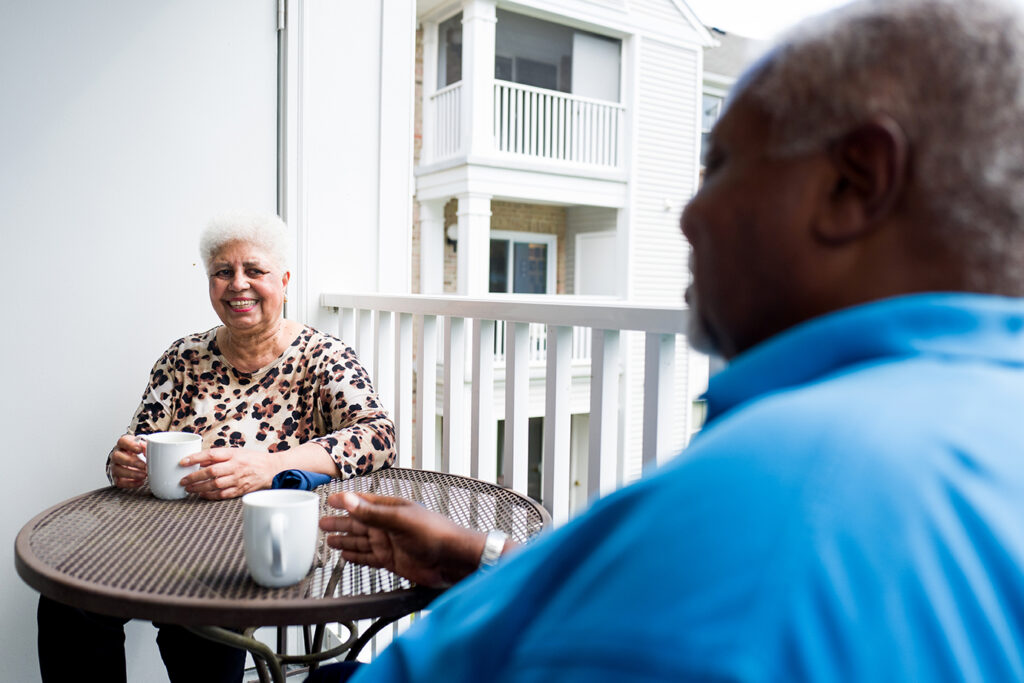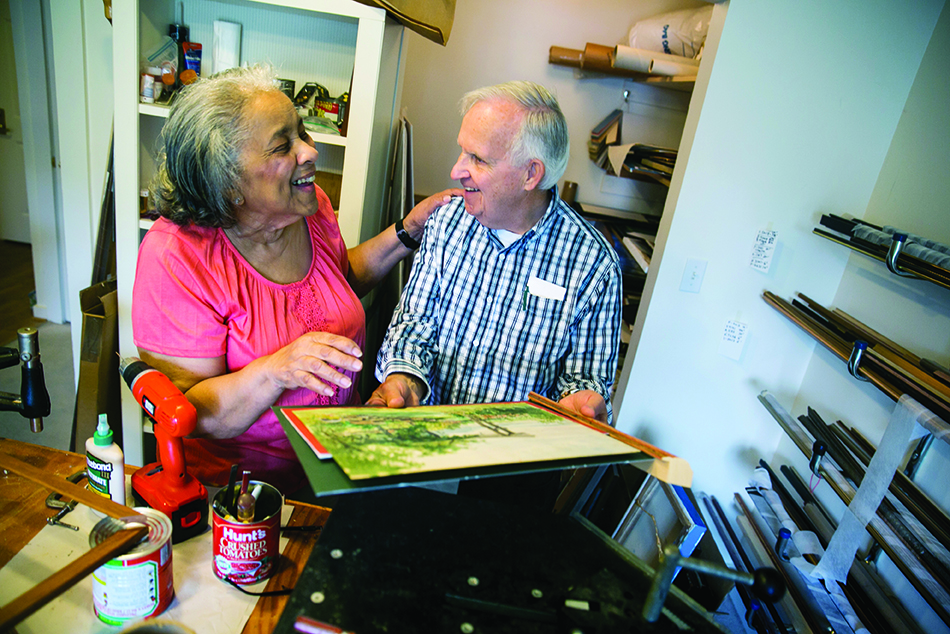What is Lifecare?
Lifecare is a program that allows older adults to enjoy life to its fullest knowing a safety net of care and services is in place for them and their families. It provides a financial structure which includes long-term healthcare in the form of a predictable monthly fee.
The Lifecare contract will also be referred to as a Type A or Traditional Contract. To qualify for Lifecare, you must meet certain underwriting requirements, therefore it’s important to move while one can still qualify. Once living in the community, as health needs change over time, you have priority access to long-term healthcare services with no significant change in monthly fees.
At its very core, Lifecare is based on shared risk and financial predictability. It’s a way for people without long-term care insurance to protect themselves financially. However, Lifecare or Modified Lifecare Contracts are also a good decision for those who already have long-term care insurance. In fact, many communities offer discounts on the entry fees for those who have it and in many cases, long-term care policies will pay benefits directly to the holder if they are receiving care in a Lifecare community, thus covering the costs of monthly fees.
As a leader in providing communities and services for older adults, many Kendal Affiliates offer Lifecare.
- Collington
- Kendal at Hanover
- Kendal at Home
- Kendal at Ithaca
- Kendal at Lexington
- Kendal at Oberlin
- Kendal on Hudson
Peace of Mind
It’s a term that is thrown around often. In some cases, so much so that its meaning is lost.

Lifecare is no such case.
Lifecare allows you to literally take control of your future and proactively plan your care needs, so that you are assured a true continuum and receive only the level of care that you need at the appropriate time.
By selecting a Lifecare community with a reputation for exceptional care, skilled and comprehensively trained staff, and a pleasant, comfortable environment, you can be certain that if you do need it, you will be well taken care of.
Priority for admission to these excellent Health Centers goes to those who currently live in the community giving you the control over your destiny when you need it the most.
Individuals who choose community living have a higher likelihood of living a longer and healthier life.
According to a research paper released by the U.S. Department of Health and Human Services, seniors who live in Life Plan Communities are healthier and, on average, live five years longer than those who choose to live at home. The study cites the active approach that communities take toward health care and the variety of services that may affect overall wellness, including social involvement and physically active lifestyles.
Residents can select from a wide variety of nutritional dining choices and ample access to wellness and fitness activities which provide the basis for a healthier lifestyle. Ongoing programs emphasize prevention and education. Lifelong learning opportunities and cultural events provide continued intellectual engagement.

Meaningful Relationships
The community environment brings together more than abounding programs, services and amenities.
In 2030…nearly one in five U.S. residents is expected to be 65 and older. This age group is expected to increase to 88.5 million in 2050, more than double the current number.
24
million
The number of people estimated to need long-term care in the U.S. by 2040.
U.S. Department of Health and Human Services
At least 70% of people over age 65 will require some long-term care services at some point in their lives and more than 40% will need care in a nursing home.
U.S. Department of Health and Human Services, National Clearinghouse for Long-Term Care Information
The national median cost of one year in a private nursing home room is 61% more than the median household income in the United States.
Genworth’s 2022 Cost of Care Survey
78%
The chance that one person in a couple turning 65 will need long-term care.
U.S. Department of Health and Human Services
Not interested in on-site community life?
You can still enjoy the benefits of a Lifecare plan at home.

